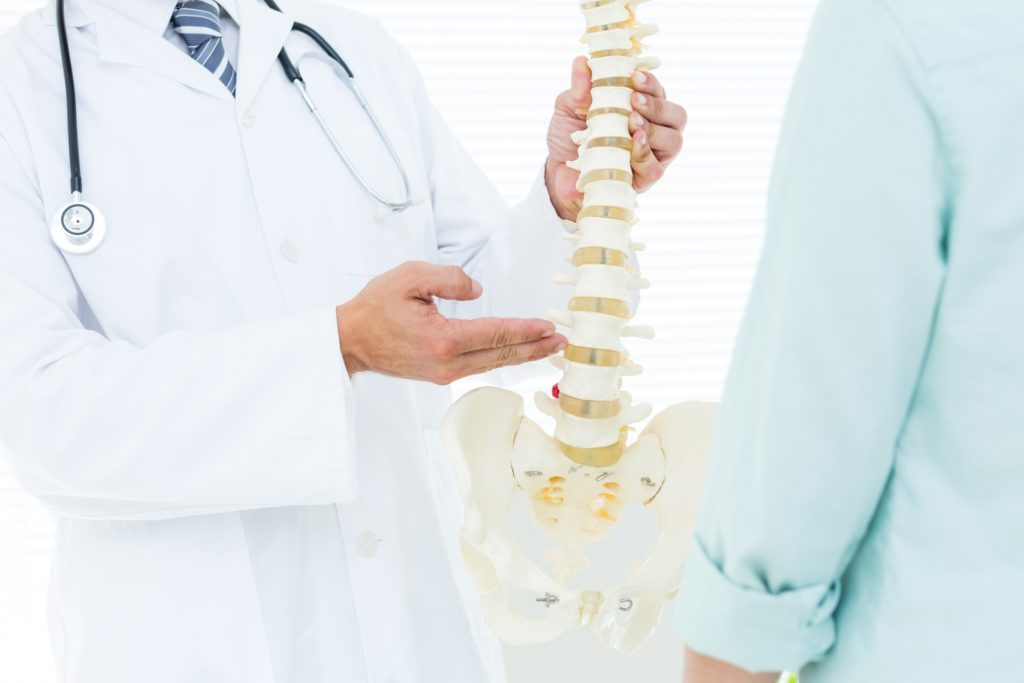Bone & Joint Health
What you should know about hip arthritis
Arthritis is an inflammation of the joints that can lead to pain, stiffness, and tenderness. It is a condition experienced by millions of Americans and is the number one leading cause of disability in the country3.
As we get older, our joints experience natural wear and tear. Sometimes that wear and tear become excessive and the cartilage that supports our bones and joints starts to weaken and disintegrates. This results in joint pain that causes tenderness, stiffness, and difficulty moving.
Because hip arthritis is one of the most common forms of arthritis, here are a few things to keep in mind about it:
1- Hip osteoarthritis can be prevented
That’s correct. In some cases, hip osteoarthritis can be prevented if you’re proactive and take steps early enough to keep your hips healthy. A number of factors can lead to the development of hip arthritis like a previous hip injury or an underlying medical condition. In those cases, the chances of developing arthritis are higher but for normal wear and tear that leads to hip arthritis, the following steps may help to keep that diagnosis at bay:
Maintain a healthy weight
Being overweight increases the load that you put on your joints, particularly your knees and hips. So it is not surprising to learn that for every pound of weight you lose, on average you lose 3 pounds of stress across the knee and 6 pounds of stress on your hip4. Over the course of a lifetime, this can be the difference between developing hip arthritis or not.
Exercise and stretching
Exercises like squats, leg hip-lifts, or lunges can strengthen the muscles around the hip joints. Stretching can also help you maintain the flexibility of your joints and allows your hips to move more smoothly. Good exercises for physical therapy include:
- Yoga
- Taichi
- Stationary biking
- Swimming
2- Consider alternative therapies and supplements for treatment
Some people swear by natural therapies to treat hip arthritis. Although they should not be used at the expense of regular medical treatment, alternative therapies offer an additional way to help alleviate the pain of hip arthritis. Be sure to speak to your doctor about the impact natural or alternative therapies might have on you. With that in mind, many people have found relief using approaches such as:
- Acupuncture
- Hydrotherapy
- Massage
- Joint supplements like glucosamine, chondroitin sulfate, vitamin C, and MSM
3- Without treatment, osteoarthritis usually gets worse
Medications and treatments have a huge impact on the management of arthritis. They also play a crucial role in determining how fast (or slow) a joint deteriorates. Arthritis does not have a cure because once cartilage is gone, it cannot be replaced.
As the cartilage continues to wear away, your joint may get swollen and painful. In severe cases, the bones may rub directly against one another which makes movement extremely difficult. At this time surgery is usually considered.
4- Should you get a hip replacement?
Over 1 million hip replacements are carried out every year in the United States. Surgery is an option when conservative treatments for arthritis are no longer providing enough relief. It is also considered when it becomes more and more difficult for people to carry out their daily activities. Your doctor may also recommend surgery if your hip arthritis causes disabilities.
Surgery options include2:
- Hip resurfacing: The damaged bone and cartilage are replaced by a metal shell.
- Total hip replacement: Both the socket and the head of the femur are replaced by artificial surfaces.
Although hip replacement surgery has become routine, it still requires a lot of thought, consideration, and planning. The benefits are an improvement in your quality of life but it’s also smart to know all the risks and complications of such a procedure. Be sure to speak to your doctor if your joint pain is getting significantly worse.
Shop Forte Supplement Products
1- WebMD Medical Reference. Hip Osteoarthritis (Degenerative Arthritis of the Hip). Reviewed by David Zelman, MD. http://www.webmd.com/osteoarthritis/hip-osteoarthritis-degenerative-arthritis-hip#1
2- WebMD Medical Reference. What’s New in Knee Osteoarthritis Treatments? Reviewed by David Zelman, MD on January 18, 2017. http://www.webmd.com/osteoarthritis/knee-arthritis-treatment-advances#1
3- Centre for Disease Control and Prevention. Arthritis. July 12, 2017. https://www.cdc.gov/arthritis/index.htm
4- WebMD. Could Losing Weight Ease Your Arthritis Pain? Gina Shaw. Reviewed by Melinda Ratini, DO, MS on March 11, 2014. https://www.webmd.com/osteoarthritis/features/lose-weight#1


